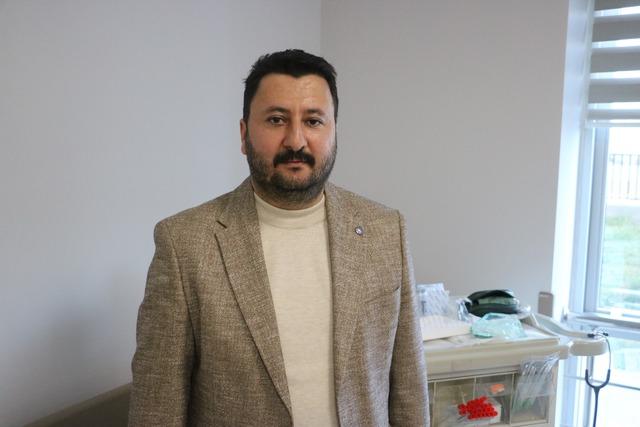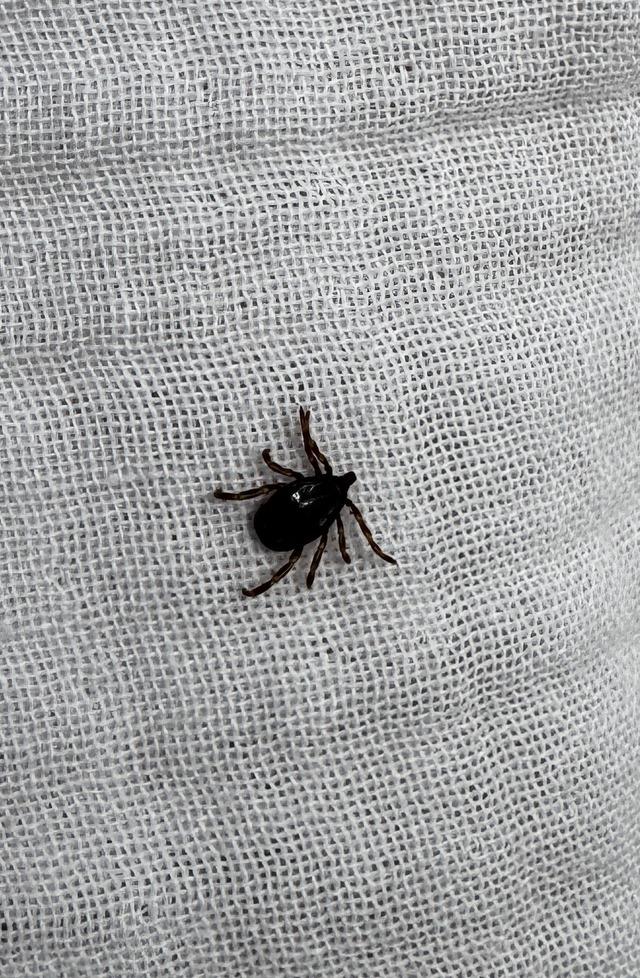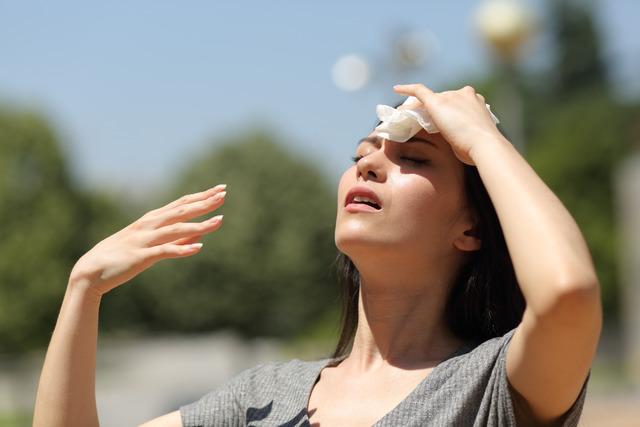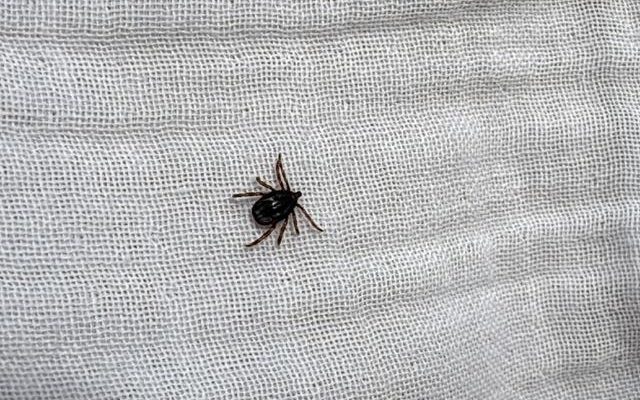With the arrival of spring, cases of tick bites causing the Crimean-Congo Hemorrhagic Fever (CCHF) virus began to be seen. Experts frequently warn about tick bites, which are more common in rural areas and can cause death if left untreated. Experts list the symptoms of the disease and recommend consulting the nearest health institution if symptoms are observed.
“HYALOMMA IS MORE FOREGOING HERE”
Specialist Doctor Murtaza Öz, who works in the Infectious Diseases Department of Sivas Numune Hospital, gave information about the CCHF virus. Stating that ticks carrying the virus are very common in Sivas and its surroundings, Specialist Doctor Murtaza Öz said, “There are many different types of ticks, but Hyalomma, which is endemic in our region and causes Crimean Congo infection, is more prominent here. Ticks have the potential to transmit approximately 20 diseases. Crimean-Congo Hemorrhagic Fever (CCHF) comes first.
Crimean-Congo transmission occurs when ticks bite humans. In animals, it can progress as a silent infection without any symptoms. “Contamination may also occur during slaughter in butchers,” he said.

“IT IS NECESSARY TO REDUCE THE RISK OF CONTACT”
Explaining what to do if a tick is seen on the body, Murtaza Öz said, “We should not scare the tick too much. Things like pouring cologne on it or burning it should not be done. The first thing to do is to go to a health institution. After removal, that area should be washed with plenty of soapy water and disinfected with alcohol. Especially people engaged in agriculture who have risk factors for tick contact can wear long sleeves and light-coloured clothing. Can put trousers inside boots or socks. “It is necessary to reduce the risk of contact,” he said.

IT’S A TICK BITE, NOT SUNSTROKE
Stating that some of the patients do not notice the tick bite, Specialist Doctor Murtaza Öz said, “Those who notice the tick bite can usually notice it when they take a shower. Our patients do not undergo routine screening. Apart from this, the patient states that he had sunstroke especially after coming from the garden. ‘I got sunstroke,’ he says, but he doesn’t notice the tick. Complaints such as nausea, vomiting and headache begin. He does not care about sunstroke and does not apply to the hospital. This is also a problematic situation. “Sunstroke causes both the disease to progress and the treatment to be delayed,” he said.

(UAV)

